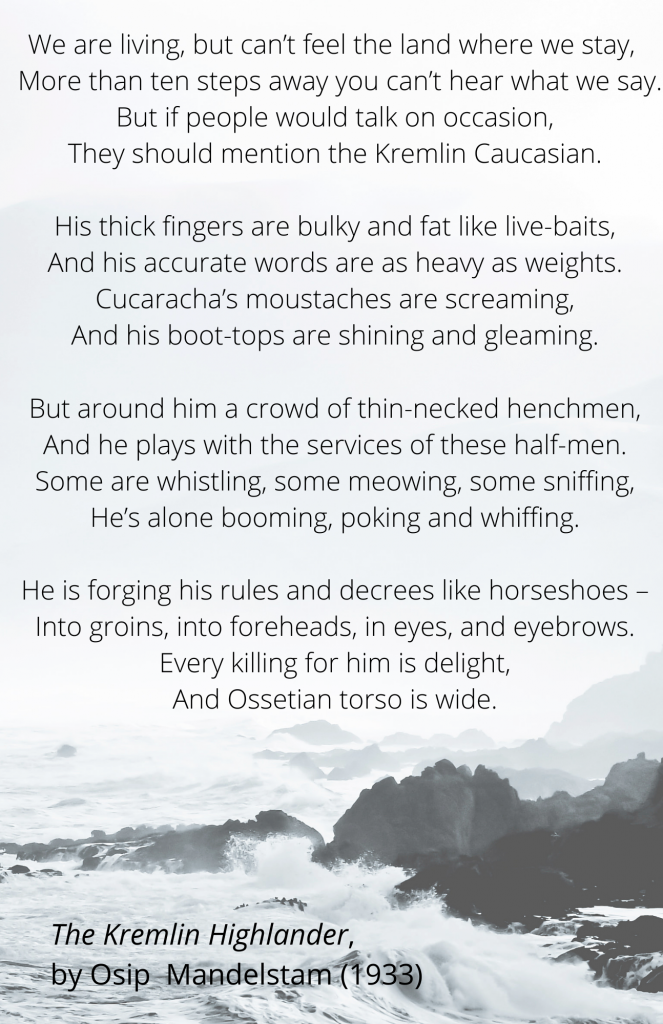Finding the right book to read for fun or the articles to cite in your next paper might sound daunting sometimes. Libraries and librarians are there for you to help. Here’s a quick example how to use Subject Headings, such as “Dictators” in the title of this post, to find content in the collection of Rutgers Libraries.
 First thing first. What’s a subject heading?
First thing first. What’s a subject heading?
A Subject Heading is a word or phrase, i.e., a descriptor similar to hashtags or other user tags (e.g., in GoodReads) to capture a concept, with the slight difference that Subject Headings come from a controlled vocabulary of an indexing language.
From another angle, indexing languages are used to describe a document (a book, an article, etc.), and can be either controlled, using only terms approved and included in the controlled vocabulary (Subject Headings), or natural, using any term from the document (tags, user tags, hashtags, etc.).
Example 1: MeSH – Marijuana or Cannabis?
For example, “cannabis” is used as the Medical Subject Heading (MeSH) as controlled term for the natural term “marijuana” along with its synonyms. Searching with Subject Headings looks for your term in certain fields (descriptors of subjects) rather than crawling the entire text of documents, making your search more effective.
Using these standardized words or phrases in your literature search allows you to retrieve more precise results. You do not need to worry about synonyms such as pot, hashish, or ganja, and spelling variations such as marijuana or marihuana in this example. MeSH is used by many databases, while others might decide to use “marijuana” for the same concept.
Example 2: LCSH – Dictators
Maintained since 1898 to catalog materials held at the Library of Congress (LC), the Library of Congress Subject Headings (LCSH) can be considered the most widely adopted subject indexing language in the world that is used for books. They can be helpful in QuickSearch, after narrowing down the search to “books” under Resource Type in the left panel or with the Advanced Search function, i.e., via any standard way to find books.
Using the example “dictators” in a full-text search will retrieve over 2,500 books from the Rutgers collection. The results are all ranked by relevance to help you find what you are looking for, and it may help to add other search terms or use the Creation Date filter to find the latest titles. Changing the “Any Field” in the top search box to “Subject” will search for the LCSH term “Dictators” in the description, rather than the word “dictator” anywhere in the title or abstract, resulting in a better search that yields about 250 book titles.
Author’s notes
New phrases and words evolve in languages as people need them to express new concepts. Controlled vocabularies in indexing languages follow the same idea, occasionally stating a view or taking sides. For example, using “cannabis” as subject heading sends a message that the word marijuana has racist roots and negative connotations––but that’s a topic for another post.
Bonus: A satirical poem from 1933, the Stalin Epigram.
